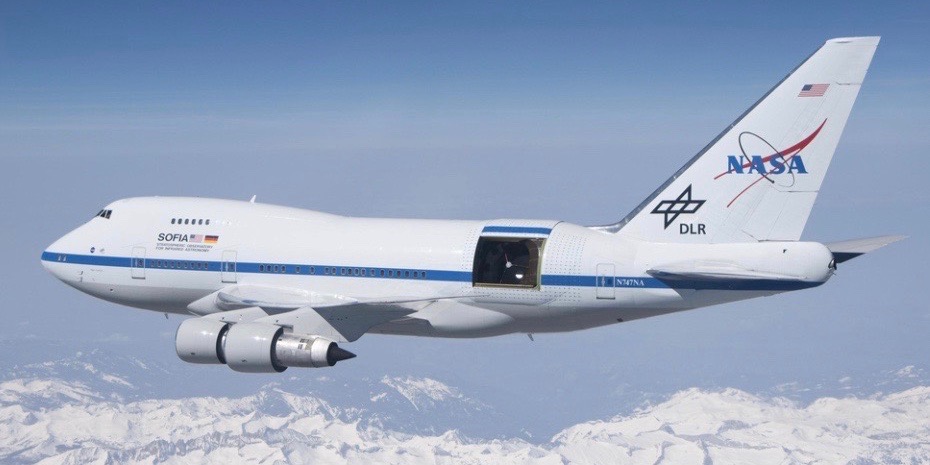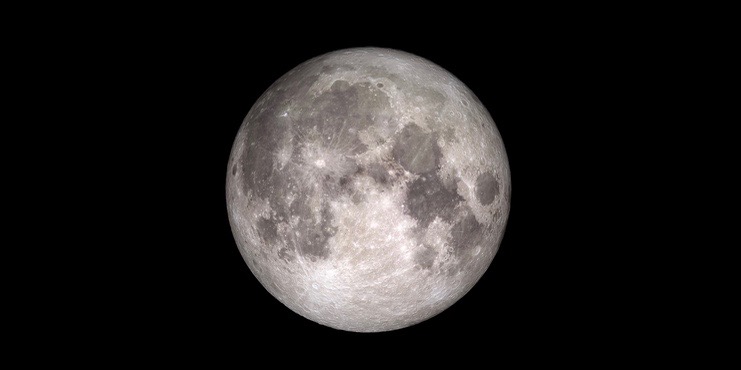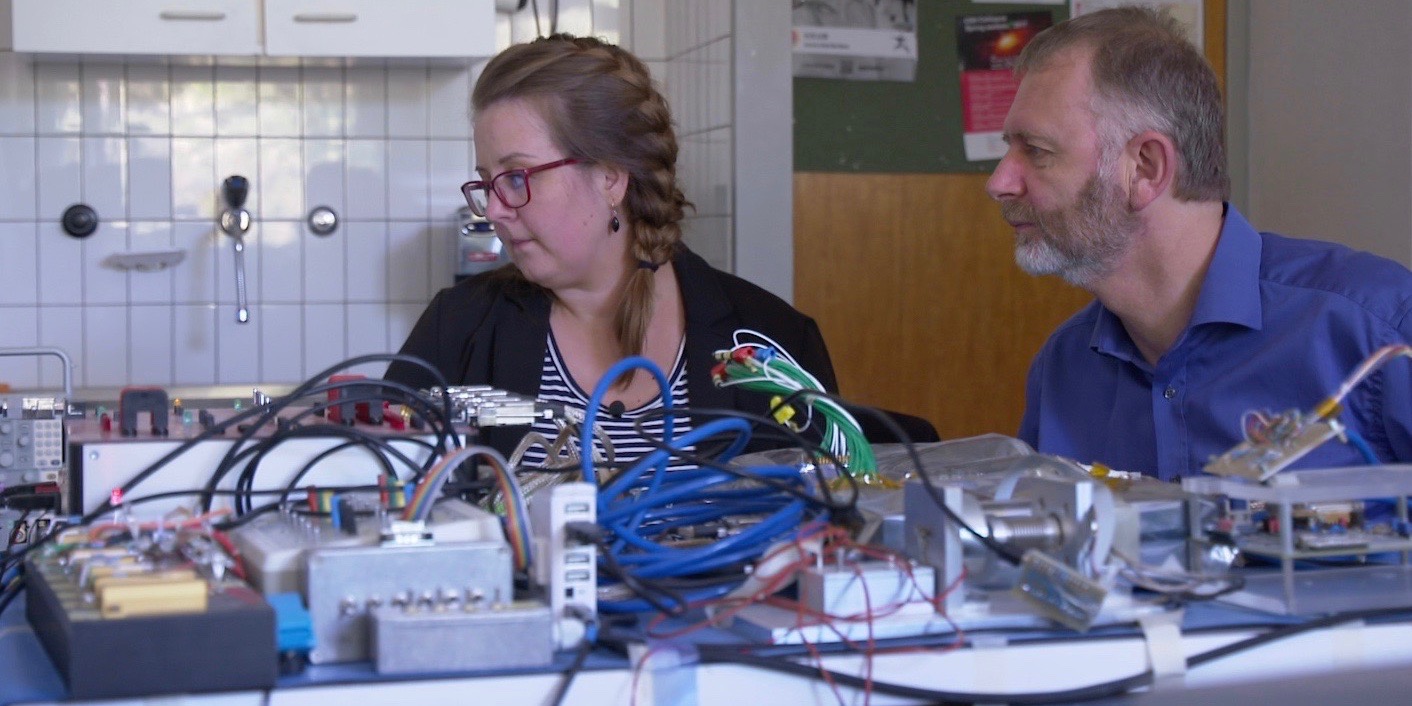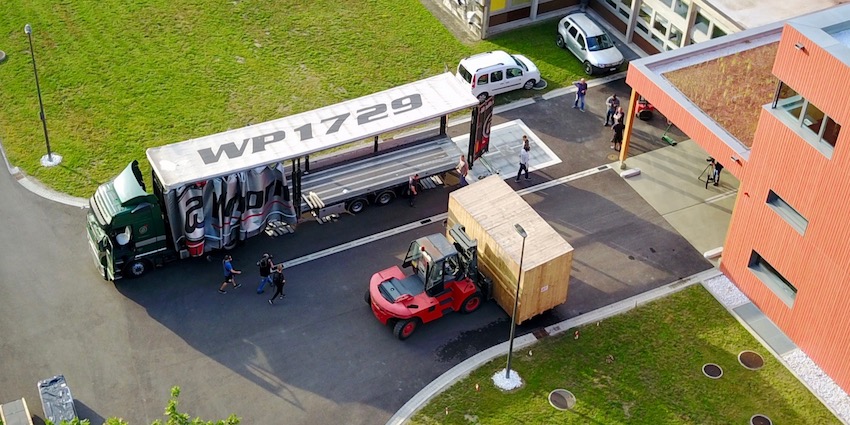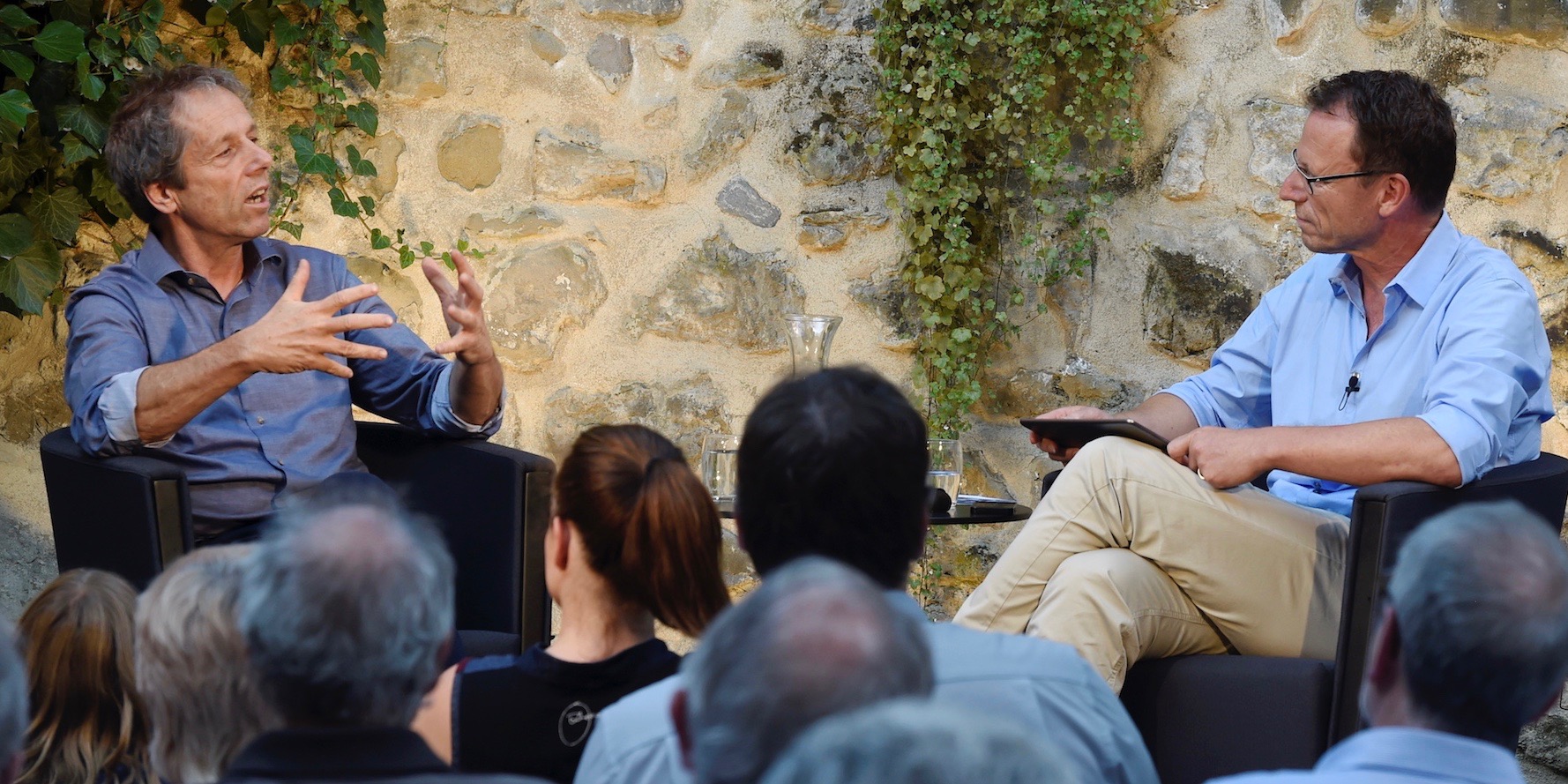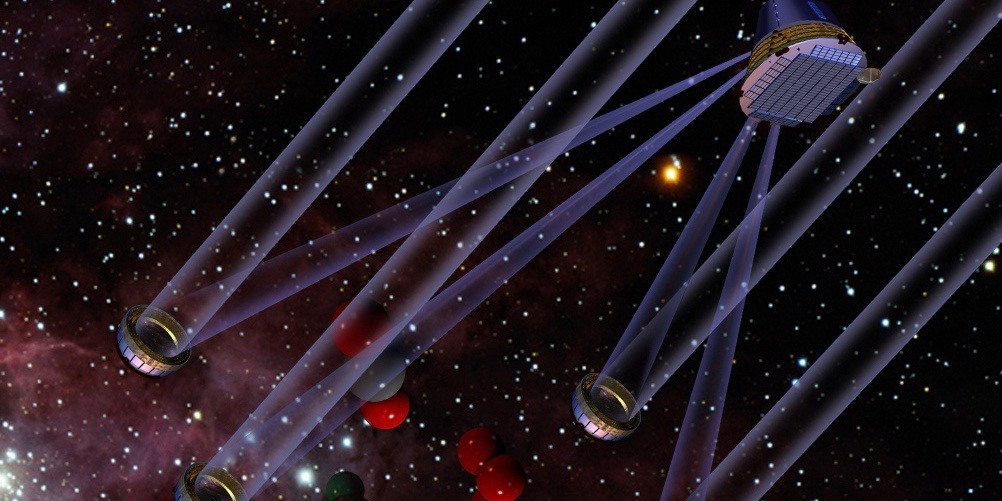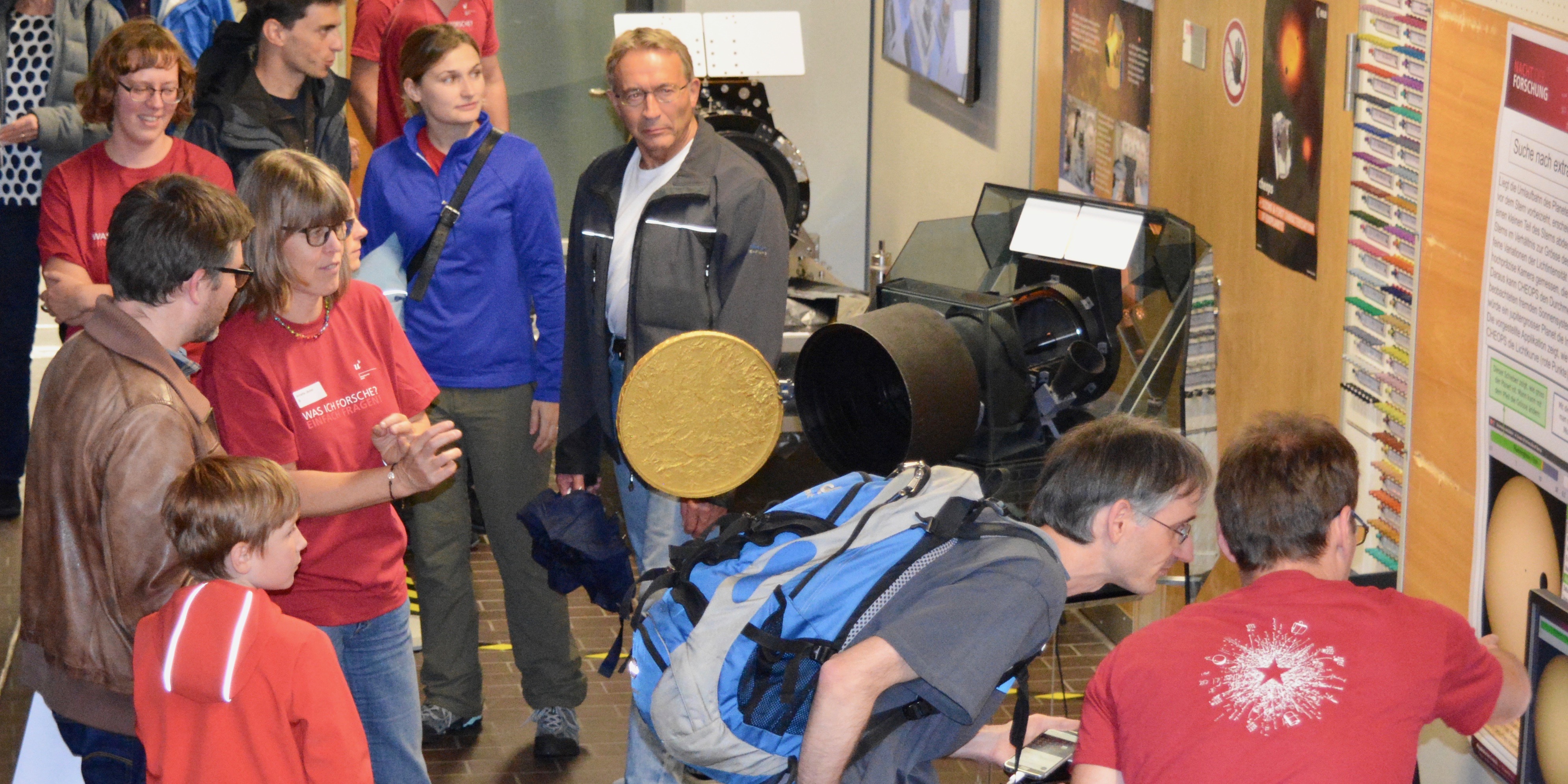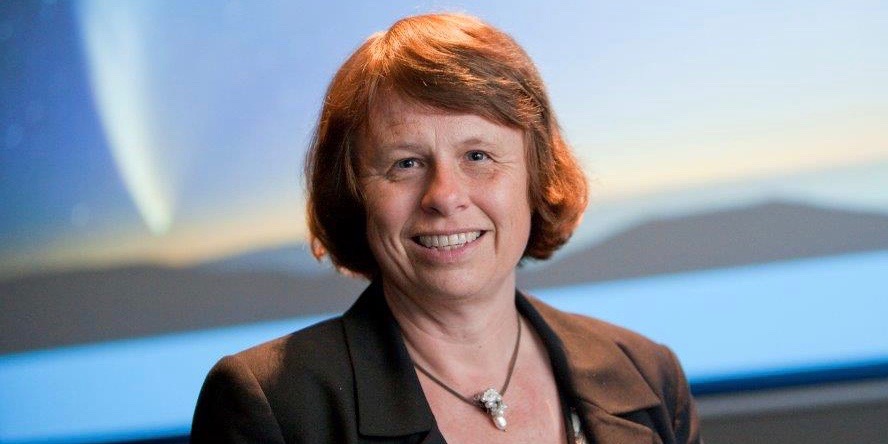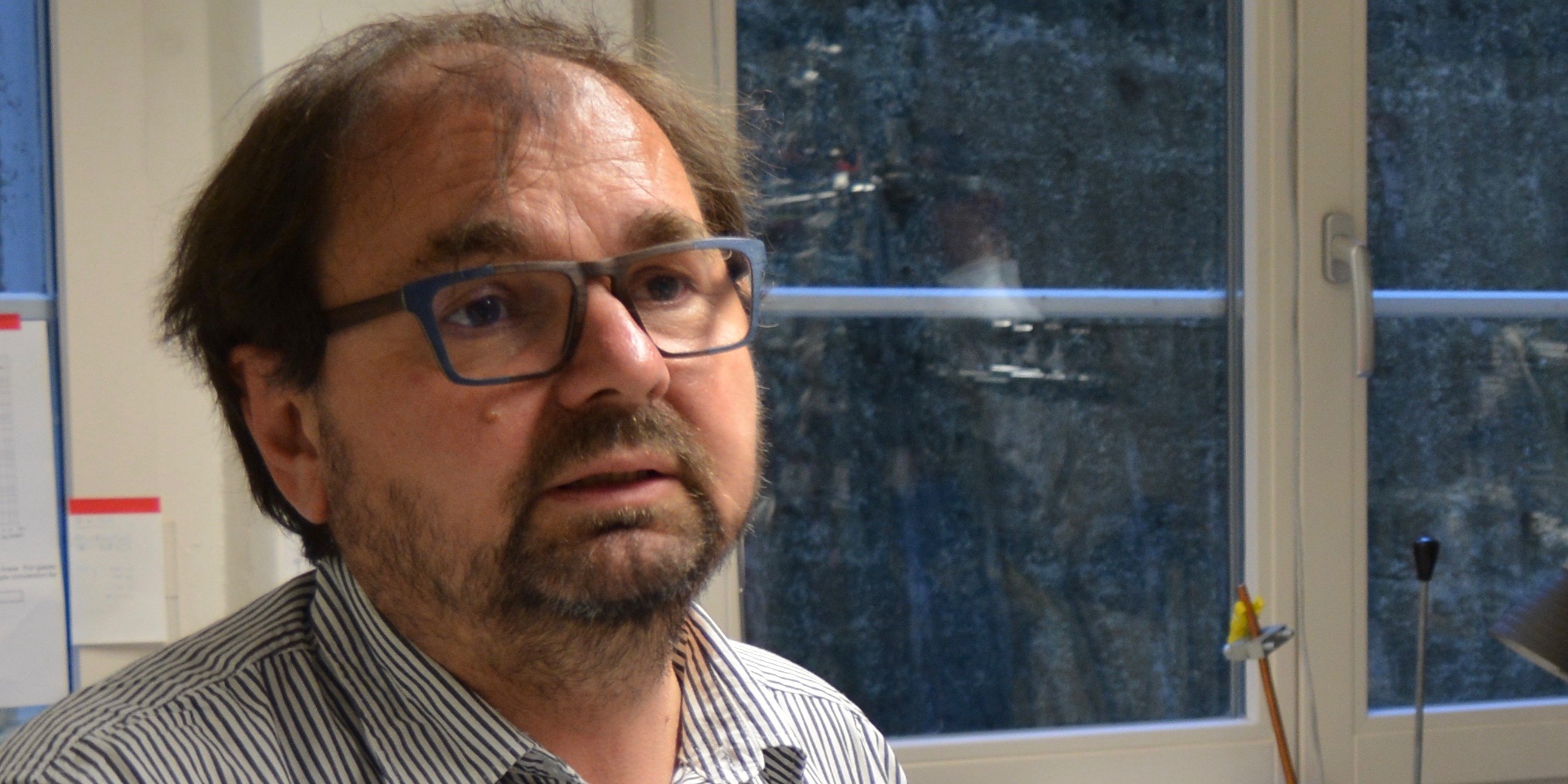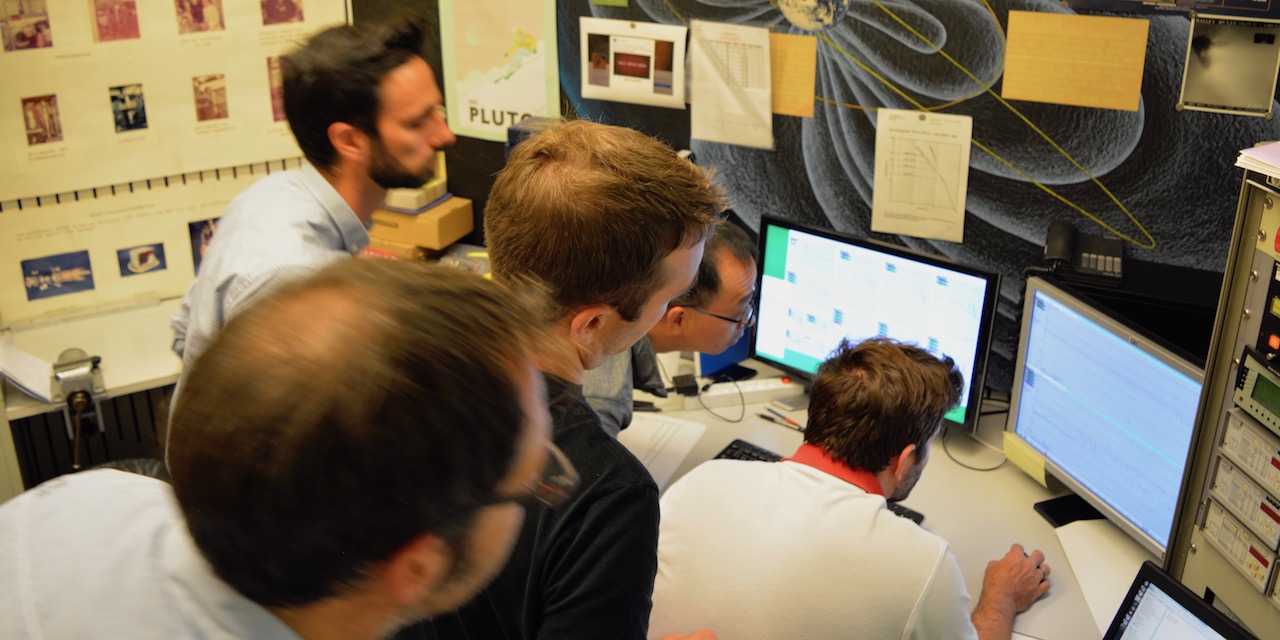Author Archive
Chasing alien worlds with a flying telescope
The airborne Stratospheric Observatory for Infrared Astronomy (SOFIA) observed a mini-eclipse of the extrasolar planet GJ 1214b. The goal was to find out if this world outside of our solar system is a super-sized Earth or a miniature Neptune. It was the first time SOFIA did observations of this kind and it was demonstrated that […]
Continue ReadingCollision with neighbour
According to theory, the moon was created during a gigantic collision between the earth and another celestial body called Theia. But where did this body come from? Based on high-precision analysis of lunar samples, ETH professor Maria Schönbächler concludes, “Theia was a small planet that formed near the earth.” Maria Schönbächler and her team at […]
Continue ReadingHow to operate the Mars camera CaSSIS
The Colour and Stereo Surface Imaging System (CaSSIS) was built at the University of Bern. As part of ESA’s Trace Gas Orbiter (TGO) it has been orbiting Mars since October 2016 and took some first high resolution images. The normal operation will start next year when TGO has reached its final orbit. Then, the spacecraft […]
Watch VideoBye-bye ESPRESSO
After almost 10 years of studies, construction, problems, efforts and sleepless nights, the ESPRESSO spectrograph left at the end of August the clean room of the Geneva Observatory to be installed on the 4 VLTs of the ESO Observatory at Paranal in northern Chile. A journey that has turned into a real saga. The problem […]
Continue Reading“I am convinced there is life on a distant planet”
The astronomer Willy Benz is the first Swiss to lead a space mission. At the end of 2018, the CHEOPS satellite will be launched into the Earth’s orbit where it should characterise distant planets – and help to search for life in space. The following interview was part of the series “Wissenschaft persönlich” on 20 June […]
Continue ReadingRevival of a cancelled space mission?
The characterization of habitable or even inhabited exoplanets is one of the ultimate goals of modern astrophysics. Reviving the concept of a space mission that was cancelled ten years ago would be most promising. This is the conclusion of a paper by PlanetS scientists Jens Kammerer and Sascha Quanz of ETH Zürich. Their simulations show […]
Continue ReadingBern’s journey into space
From a historic Zenit rocket and the famous Apollo solar wind experiment to the Mars camera CaSSIS and the CHEOPS space telescope: Many of the 9000 visitors of the event «Nacht der Forschung» on 16 September 2017 at the University of Bern had a look at 50 years of space research. «We have carried the […]
Continue ReadingPioneer in astrochemistry
«Building stars, planets and the ingredients for life in space» is the title of a public lecture by the renowned Dutch astronomer Ewine van Dishoeck on 20 October 2017 at the University of Bern. «Ewine van Dishoeck is one of the pioneers in astrochemistry and a driving force behind the groundbreaking ALMA observatory,» says Kevin […]
Continue ReadingAn inter- and multidisciplinary endeavor
By Klaus Mezger Planetary science is a multi-disciplinary research field that is populated by an unusually diverse group of scientists with very different backgrounds, competences and interests. Our NCCR PlanetS relies heavily on expertise that comes from very distinct scientific fields that have evolved over the last few hundred years and brought us an enormous […]
Continue ReadingSuccessful vibration test runs
During ten days in August 2017, the CHEOPS telescope had to withstand various tests on the shaker at the University of Bern simulating the conditions during the launch with a Soyuz rocket. The experiments were successful – a big step towards the completion of the flight model. The small control room in the shaker laboratory […]
Continue Reading
